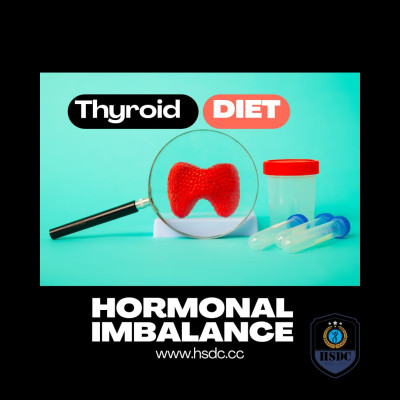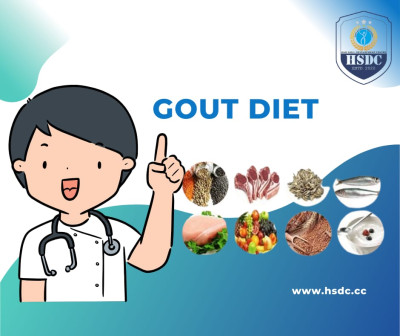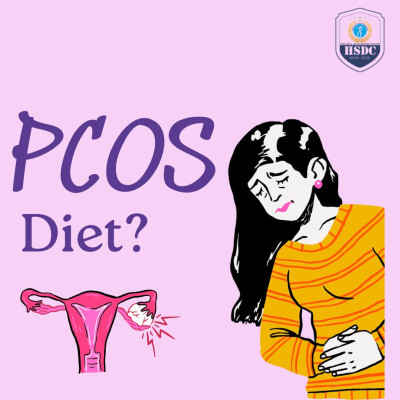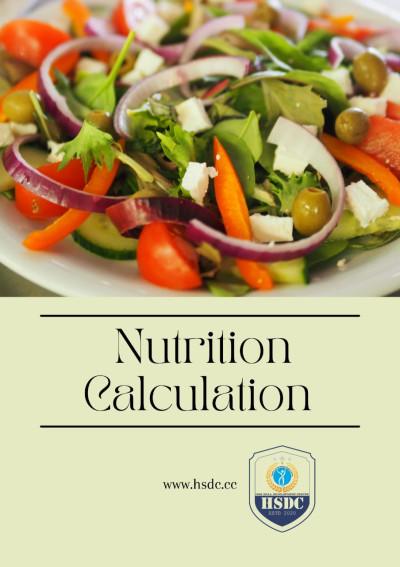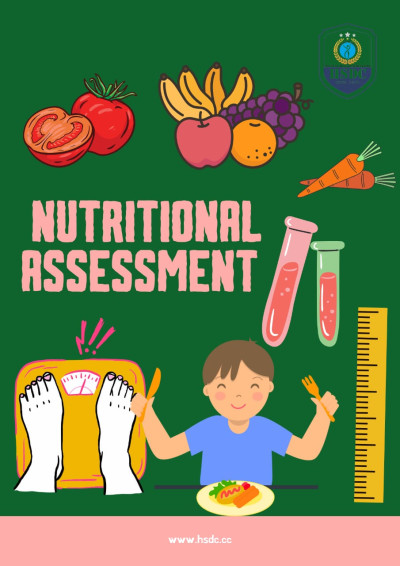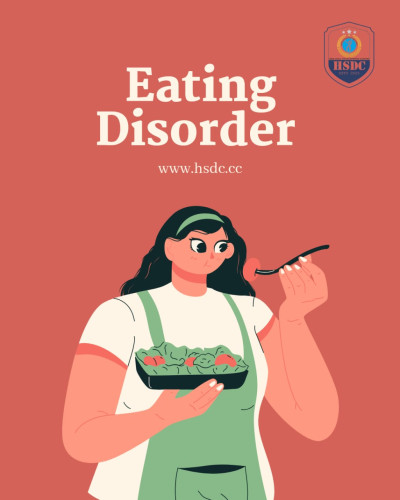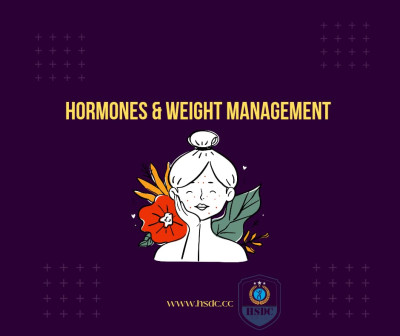Course description
The Gen Z diet is a contemporary dietary framework designed to meet the unique needs and preferences of Generation Z, the demographic cohort born roughly between the mid-1990s and early 2010s. Shaped by technological advancements, environmental consciousness, and evolving cultural norms, the Gen Z diet reflects the values and priorities of this generation, including health, sustainability, and convenience.
At its core, the Gen Z diet emphasizes whole, minimally processed foods that are nutrient-dense and provide essential vitamins, minerals, and antioxidants. Fruits, vegetables, whole grains, legumes, nuts, and seeds form the foundation of this dietary approach, providing a wide range of nutrients while promoting overall health and well-being.
Plant-based options play a prominent role in the Gen Z diet, reflecting the growing trend towards plant-forward eating patterns among younger generations. Plant-based proteins such as tofu, tempeh, legumes, and plant-based meat substitutes offer alternatives to traditional animal products, aligning with ethical considerations related to animal welfare and environmental sustainability.
The Gen Z diet also prioritizes sustainable eating practices, emphasizing the importance of reducing food waste, choosing locally sourced and seasonal ingredients, and supporting eco-friendly food production methods. By making conscious choices about food consumption and waste, individuals following the Gen Z diet can minimize their environmental footprint and contribute to a more sustainable food system.



